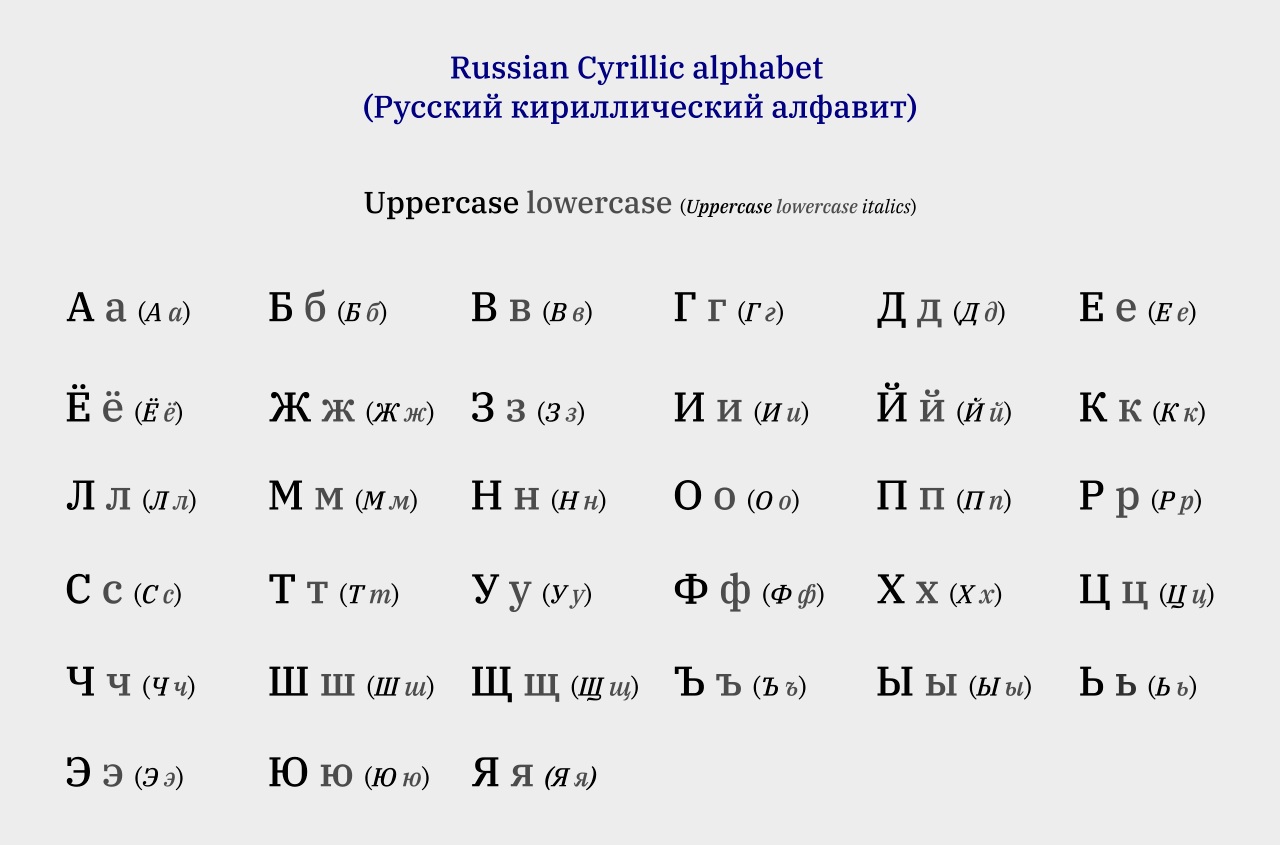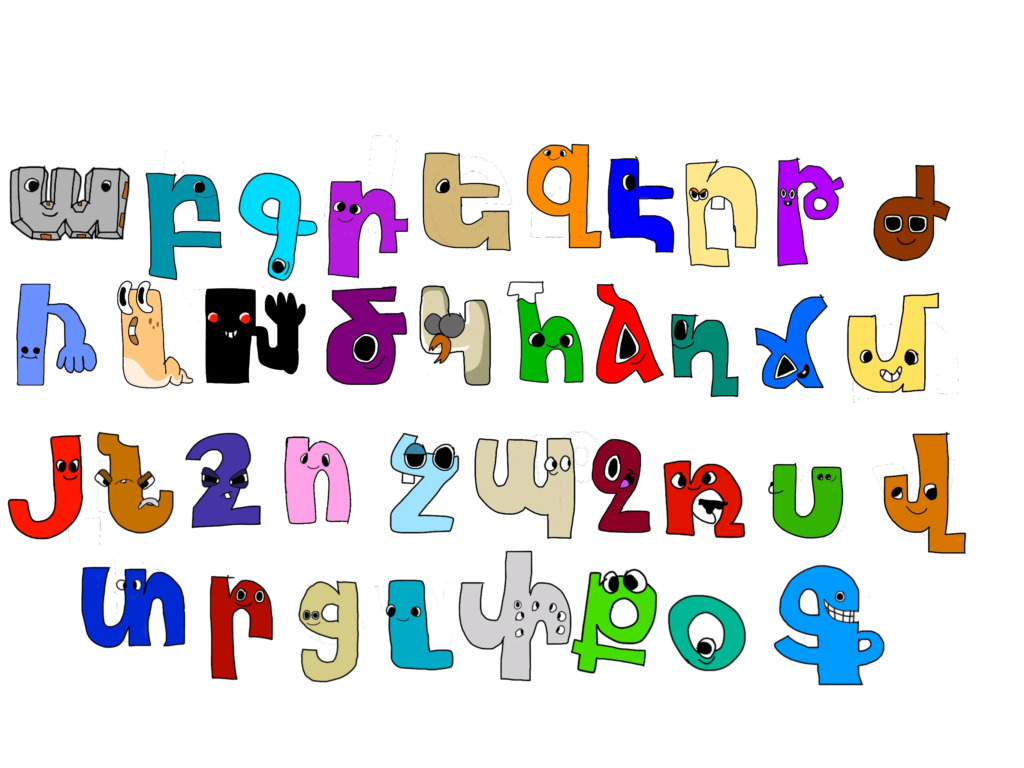Russian Alphabet Lore: A Profound Plunge

Introduction
The Russian Alphabet Lore, a subordinate of the Cyrillic content, is an intriguing piece of History that has developed over hundreds of years. The lore of the alphabet is interwoven with the nation’s way of life, religion, and political changes, making it an enamoring subject of study.
Beginning of the Russian Alphabet Lore

Russian Alphabet Lore
The Russian Alphabet Lore, at first created by the Byzantine priest Holy Person Cyril, was filled in as a device to decipher strict texts for the Slavic countries. This early variant, Old Church Slavonic, later developed into the advanced Russian alphabet.
The Cyrillic Content
The Cyrillic content, named after the Holy person Cyril, is the foundation of the alphabet. The content, consolidating Greek and Hebrew impacts, was intended to precisely address the hints of the Slavic language.
Impact of the Customary Church
The Customary Church assumed a vital part in the development and safeguarding of the Russian Alphabet Lore. The congregation utilized the alphabet to decipher strict texts, cultivating proficiency and information among the general population.
The Alphabet Change
The 1917 Russian Upset introduced tremendous changes, including an alphabet change. Pointless letters were wiped out, bringing about the 33-letter alphabet we see today.
The Russian Alphabet Lore and Public Character
The alphabet is well-established in the public character. Notwithstanding the strain to change to Latin content, Russia has kept up with its novel alphabet, mirroring its social wealth and autonomy.
The Alphabet in Writing and Workmanship

Russian Alphabet
The alphabet has fundamentally impacted its writing and craftsmanship. Russian creators, like Tolstoy and Dostoevsky, have used the interesting attributes of the alphabet to improve their narrating.
The Alphabet’s Part in Training
The alphabet is a central piece of training in Russia. Learning the alphabet is the most important move towards dominating the Russian language and figuring out the nation’s way of life.
The Alphabet and Present-day Innovation

Russian Advance alphabet
The advanced age has set out difficulties and opened doors for the alphabet. It has adjusted to innovation, with Cyrillic spaces and consoles, guaranteeing it stays applicable in the advanced world.
The Alphabet and Worldwide Relations
The alphabet can be an extension for worldwide relations. Understanding the alphabet can cultivate better correspondence and social trade between countries.
The Eventual Fate of the Russian Alphabet Lore
The Russian alphabet, wealthy in history and lore, keeps on advancing. While it faces difficulties, its versatility and flexibility recommend a promising future.
Conclusion
The lore of the Russian alphabet is a demonstration of its perseverance through its importance in Russian culture and history. As it develops and adjusts to current difficulties, it stays an indispensable piece of Russia’s personality, interfacing with its past, present, and future.
FAQs
Q 1: Who made the Russian alphabet?
The Byzantine priest Holy Person Cyril is credited with making the early variant of the alphabet.
Q 2: What number of letters are in the alphabet?
The advanced Russian alphabet comprises 33 letters.
Q 3: For what reason did the alphabet go through change?
The 1917 Russian Upheaval achieved a change to improve the alphabet and wipe out pointless letters.
Q 4: Has the Russian alphabet affected writing?
Indeed, the alphabet has altogether impacted Russian writing, as found underway of Tolstoy and Dostoevsky.
What is the eventual fate of the alphabet in the advanced age? The alphabet keeps on adjusting to current innovation, with Cyrillic spaces and consoles guaranteeing its significance.




One Comment